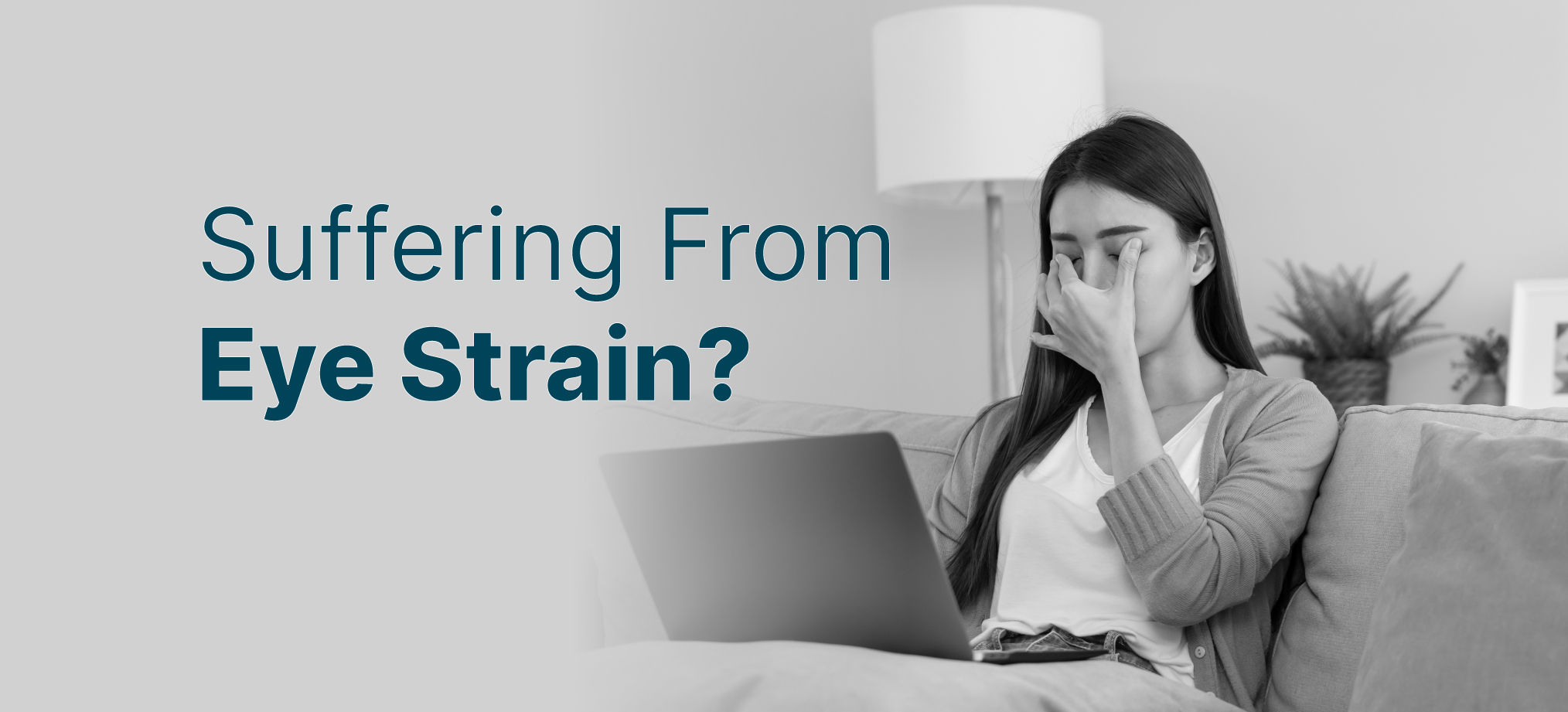General Health
Sweating Way Too Much? It Could Be A Sign Of This Disease!
5 min read
By Apollo 24|7, Published on - 31 May 2023, Updated on - 06 August 2024
Share this article
0
0 like

When it comes to our health, it's essential to pay attention to potential warning signs that our bodies may be giving us. One such sign is profuse sweating. While sweating is normal, excessive sweating can sometimes indicate an underlying health condition, including heart disease. In this article, we'll explore what is excessive sweating a sign of, whether profuse sweating is genuinely a sign of heart disease, what causes it, and what you should do if you experience it. By being aware of your body's signals and taking appropriate action, you can stay on top of your heart health and potentially prevent serious complications.
Understanding Profuse Sweating
Sweating is a natural way for our bodies to regulate temperature and cool down. Sudden sweating reasons include hot weather or moments of anxiety or stress. However, when sweating occurs excessively, even without any apparent triggers, it may be a cause for concern. If you find yourself experiencing persistent and unexplained excessive sweating, then you must consult healthcare professionals.
What Is Excessive Sweating A Sign Of?
Sudden sweating reasons can be varied and sometimes alarming. Sudden sweating can be a sign of a heart attack in some people who may not exhibit typical signs such as chest pain, shortness of breath, nausea, or fatigue. It can be challenging to explain why one suddenly breaks out into sweat without an apparent cause, which can be worrisome. However, it is crucial to remember that a healthcare professional is best suited to assess your condition.
The Link Between Profuse Sweating and Heart Disease
Some individuals with heart disease have reported profuse sweating, so it could be one of the sudden sweating reasons. It is believed to be associated with the body's attempt to compensate for the cardiovascular system's impaired function. The exact mechanism behind this relationship is not fully understood, but researchers have identified a few factors that could contribute to excessive sweating in heart disease patients:
1. Autonomic Nervous System Dysfunction
The autonomic nervous system regulates various bodily functions, including sweating. In individuals with heart disease, this system may become imbalanced, leading to excessive sweating.
2. Fluid Retention and Congestion
Heart diseases can cause fluid retention in the body, leading to congestion in the blood vessels and organs. This fluid buildup can strain the heart and result in profuse sweating as the body tries to eliminate the excess fluid.
3. Medications
Certain medications prescribed for heart conditions, such as beta-blockers, may have side effects, including excessive sweating.
Should You Be Concerned?
While profuse sweating can be a symptom of heart disease, it's important to remember that other factors such as menopause, anxiety, infections and other medical conditions can also cause it. Therefore, it's crucial not to jump to conclusions but to consider other accompanying symptoms and consult a healthcare professional for a proper diagnosis.
When To Seek Medical Attention?
Seek immediate medical attention, if you experience profuse sweating along with other symptoms such as:
- Chest pain
- Shortness of breath
- Dizziness
- Nausea
These symptoms may indicate a heart attack and may require prompt medical intervention. Ignoring such symptoms may delay necessary treatment and potentially worsen the condition.
What Are The Causes Of Sudden Sweating?
Sudden sweating causes discomfort and concern, as it may be a symptom of various underlying conditions. The sudden onset of sweating might lead to feelings of anxiety and physical unease. Potential causes include:
- Heart Problems: Sudden sweating can be a sign of heart issues such as a heart attack, where the body responds to reduced blood flow.
- Hypoglycemia: Low blood sugar levels can trigger sudden sweating as the body attempts to stabilize glucose levels.
- Hormonal Imbalances: Conditions like hyperthyroidism can cause excessive sweating due to an overactive thyroid gland.
- Infections: Certain infections can cause sudden sweating as the body fights off pathogens.
- Panic Attacks: Intense fear or anxiety can lead to a sudden surge in sweating.
Understanding what causes sudden sweating can help in identifying and addressing the underlying issue promptly.
Also Read, Sweating Profusely? Hyperhidrosis Could Be The Reason
Managing Excessive Sweating
If you're diagnosed with heart disease and experiencing profuse sweating, then there are steps you can take to handle it:
1. Follow Your Treatment Plan: Adhering to your prescribed treatment plan for heart disease, including medications, lifestyle modifications, and regular check-ups, can help manage excessive sweating.
2. Stay Cool: Keep your environment cool and wear lightweight, breathable clothing to help regulate your body temperature and minimise sweating.
3. Stress Management: Engage in stress-reducing activities such as deep breathing exercises, meditation, or hobbies to reduce sweating triggered by anxiety or stress.
4. Hydration: Drinking adequate water throughout the day can help maintain the body's fluid balance and reduce the likelihood of excessive sweating.
To Sum Up
Excessive sweating can be more than just an inconvenience; it can be a sign of an underlying health issue. Understanding what excessive sweating is a sign of and recognising the causes and symptoms can help in seeking appropriate treatment. If you experience sudden or excessive sweating, consult a healthcare professional to determine the underlying cause and receive proper care. Stay informed and proactive about your health to manage and alleviate the symptoms of excessive sweating.
General Health
Consult Top Cardiologists
View AllFrequently Asked Questions
What is excessive sweating a sign of?
What is excessive sweating a sign of?
What are the sudden sweating causes?
What are the sudden sweating causes?
What are the sweating symptoms?
What are the sweating symptoms?
What should I do if I experience sudden excessive sweating?
What should I do if I experience sudden excessive sweating?
How can I manage excessive sweating at home?
How can I manage excessive sweating at home?
Leave Comment
Recommended for you

General Health
Do Your Eyes Feel Fatigued? Following These Tips Can Help!
Our eyes often get dry and fatigued by staring at the screens of computers, phones, or tablets for extended periods of time. The 20-20-20 rule can be used to assist in combating this issue.

General Health
Can Hydromassage Heal Your Sore Muscles?
Hydromassage, also known as water therapy, is a therapeutic process that uses pressurized water to soothe muscles and other soft tissues in the body. Read this blog to know everything about hydromassage, hydromassage benefits and side effects.

General Health
Is Your Monsoon Fever a Sign of Typhoid?
High fever is one of the early signs of typhoid. Since it can easily be mistaken for ordinary fever, it is important to remain alert to the other major symptoms of typhoid.
Subscribe
Sign up for our free Health Library Daily Newsletter
Get doctor-approved health tips, news, and more.
Visual Stories

Plant-based Foods That Are a Great Source of Iron
Tap to continue exploring
Recommended for you

General Health
Do Your Eyes Feel Fatigued? Following These Tips Can Help!
Our eyes often get dry and fatigued by staring at the screens of computers, phones, or tablets for extended periods of time. The 20-20-20 rule can be used to assist in combating this issue.

General Health
Can Hydromassage Heal Your Sore Muscles?
Hydromassage, also known as water therapy, is a therapeutic process that uses pressurized water to soothe muscles and other soft tissues in the body. Read this blog to know everything about hydromassage, hydromassage benefits and side effects.

General Health
Is Your Monsoon Fever a Sign of Typhoid?
High fever is one of the early signs of typhoid. Since it can easily be mistaken for ordinary fever, it is important to remain alert to the other major symptoms of typhoid.

